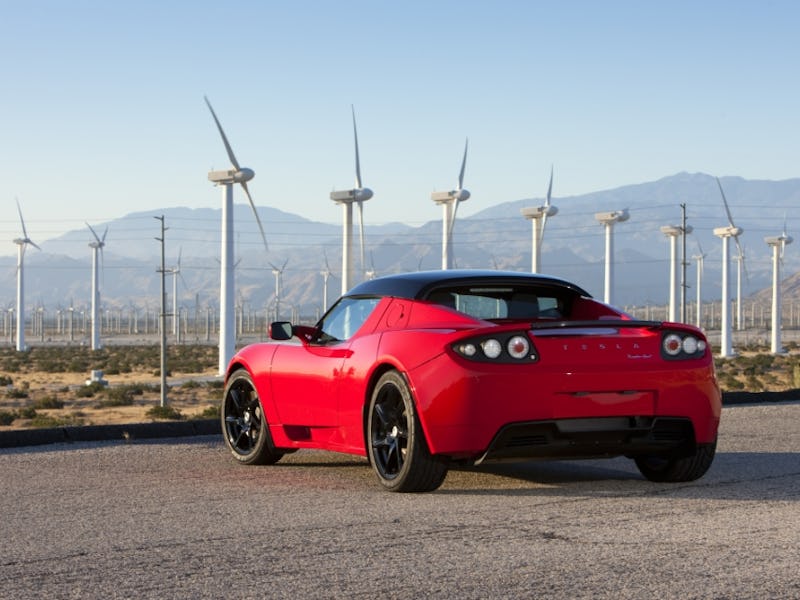Tesla Batteries: Elon Musk Ramps Up Plans to Ditch Controversial Cobalt

Tesla CEO Elon Musk aggressively ramped his plan for replacing cobalt in Tesla batteries on Wednesday, a key ingredient whose replacement will likely require cutting edge tech and research. According to his recent Tweet, the element — largely sourced from the Democratic Republic of Congo with child laborers toiling in horrific conditions — will be eliminated from its next generation of batteries entirely.
Musk’s plan doubles down on a declaration he made in May’s earnings call, that company “can get cobalt to almost nothing.” Over 60 percent of raw cobalt ore comes from the DRC, and an electric car battery uses around 22 pounds of the material — around 1,000 times more than the amount used in a smartphone. A Washington Post investigation in 2016 found that workers in these mines are subject to harsh conditions, with children digging by hand for $2 a day. The United States government does not class cobalt as a conflict mineral, but Apple told the Washington Post during its investigation that it supports adding it to the list.
Cobalt, mostly a byproduct of copper and nickel production, is a key element of today’s lithium-ion batteries. Elsa Olivetti, lead author of an October 2017 study into the material, told Scientific American in January that “the best lithium battery cathodes [negative electrodes] all contain cobalt, and its production is limited.” Its atomic structure means battery makers can pack more energy into a cell.
Musk’s plan will require leveraging some of the most cutting-edge breakthroughs in battery technology. Canadian firm Nano One announced in January that its cobalt-free cathode material uses lithium, manganese and nickel in its place. Another manganese-based solution has been developed at the University of California Berkeley, which also offers a staggering 50 percent more energy capacity.
Tesla is expected to report its next set of earnings in August, at which point Musk may give more details about how he plans to pull off this breakthrough.
The end reward is a battery that doesn’t depend on a mineral that comes in staggering numbers from child labor.